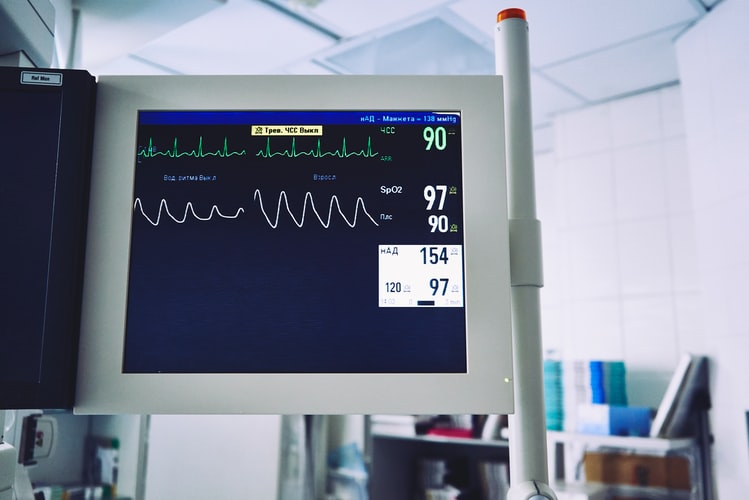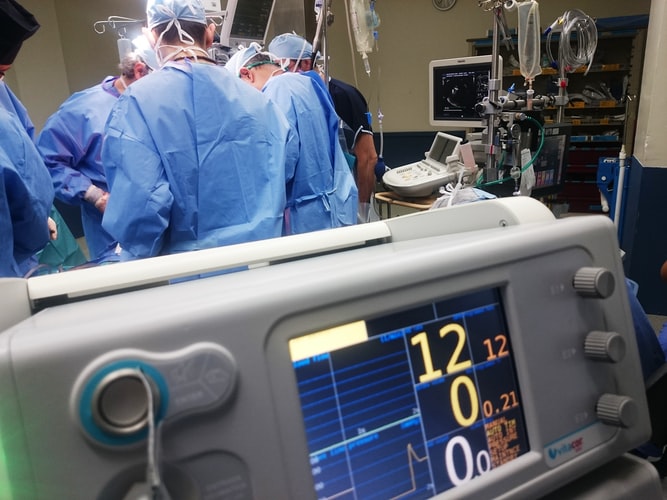Clinical Repository Services
A clinical repository is a current real-time database that consolidates clinical data from various clinical sources to provide a more comprehensive view of a patient’s medical history. It aims at improving the documentation and study of medical conditions, enhancing collaboration among health care teams and bringing together information from various disciplines. It also provides patients with up to date and comprehensive clinical information that they can access on their computer via the internet. The main component of the Clinical Documentation Repository is the Electronic Medical Record (emr), which contains all of the records of a certain patient that is entered by a healthcare professional such as a doctor, surgeon, nurse or patient’s family member.

HOW iS a cLINICAL dATA rEPOSITORY uSED
The clinical repository has the ability to combine different data sources to bring it into a common repository so that all the data will be available to a single office which will in turn improve collaboration among health systems and reduce paper costs. It also helps clinical practices and hospitals to share data which may have come from different sources independently. There are several advantages that come with an electronic medical record. Some of them are its portability, ease of data entry, reduction in paperwork and reduction in data duplication.
In addition, clinical data can be managed by categorizing them as needed for further analysis. This will allow researchers to focus on a particular area without having to collect data on all the patients in the area. This is particularly useful for studies done on human subjects where the management of patient information and data is very important for ethical reasons. Another advantage is the availability of historical data and other types of data models that were previously available only to nursing staff and other people involved in clinical research.

clinical Research and study
Clinical repositories also help clinical research subjects or study coordinators manage the data collected during the study. Subjects can enter the data collected during the study on the data entry page of the website. The data can then be downloaded from the site and viewed later using any suitable software. A good Clinical Repository site will allow the data collected from one study to be shared with other interested parties without requiring further input from the research subjects or their respective research coordinators.
It is advisable to check whether the Clinical site is secure before allowing data from it to be transferred to the management system. Secure data security should include random generation of security key and non-transferability of security key. Key control should also be included so that unauthorized users are not able to gain access to the security information. Security of the entire clinical database will ensure data integrity. Care should also be taken to check if the clinical database is regularly backed up to protect against loss.

fURTHER uSES fOR cLINICAL rEPOSITORY dATA
It has been found that clinical data repository services provided by managed care systems such as Medicaid managed care, Incontinence Drug Treatment Centers (IDTC), and retail pharmacies has helped reduce health system costs by reducing the number of people accessing the clinical data warehouse directly. The managed care systems have also provided direct access to the information through the electronic health records thereby reducing the time used to access the data. The direct access has helped increase the quality of care while reducing costs. Further benefits include improved communication between clinical staff and health system administrators, reduced paperwork and increased access to real-time data.

